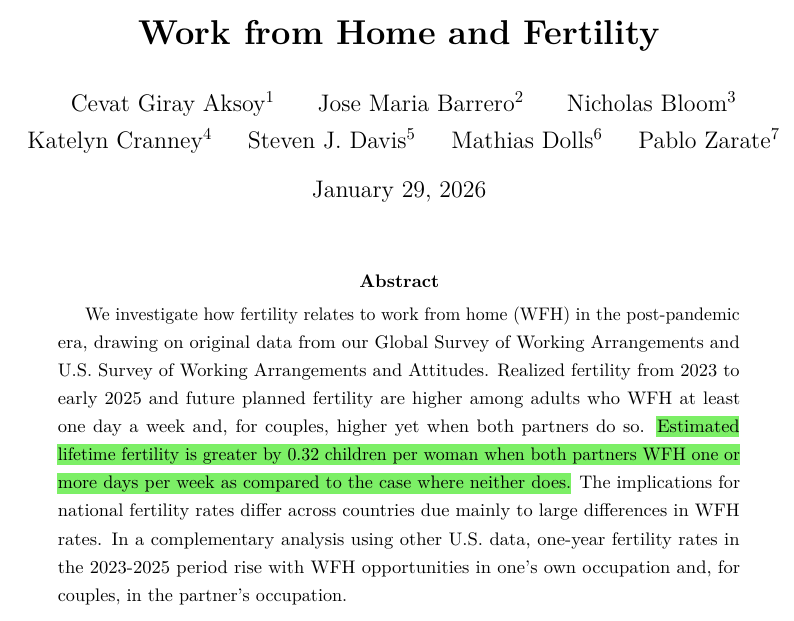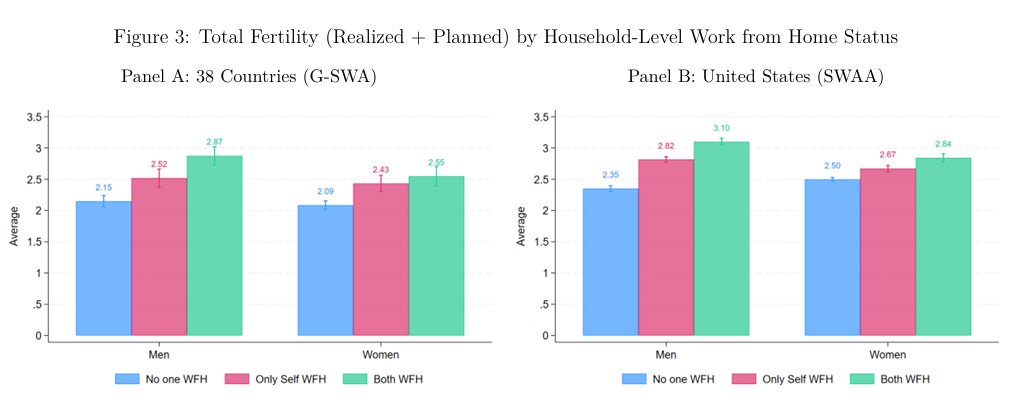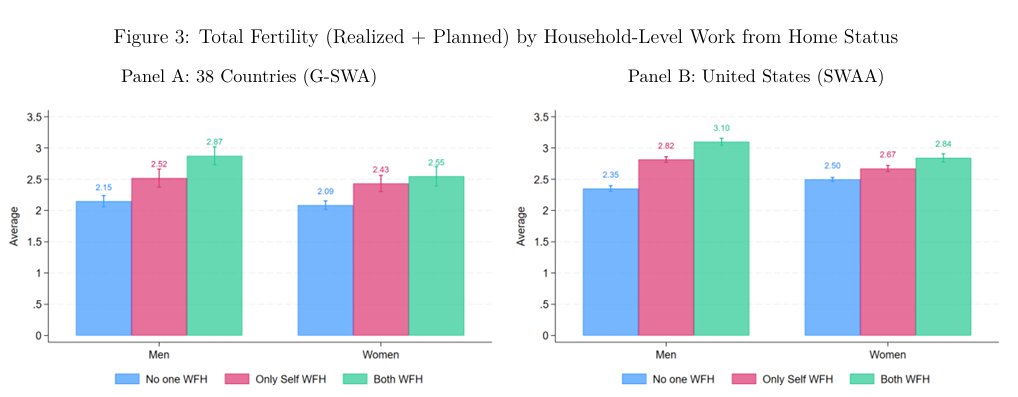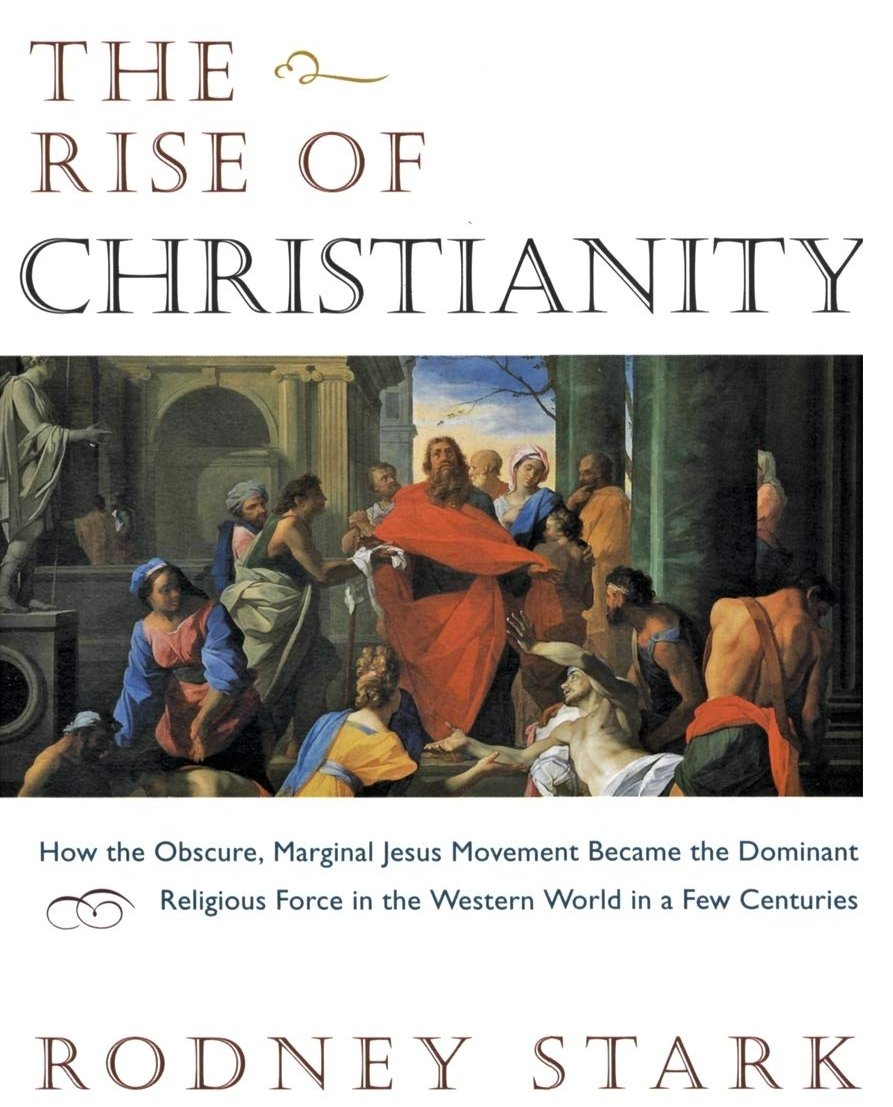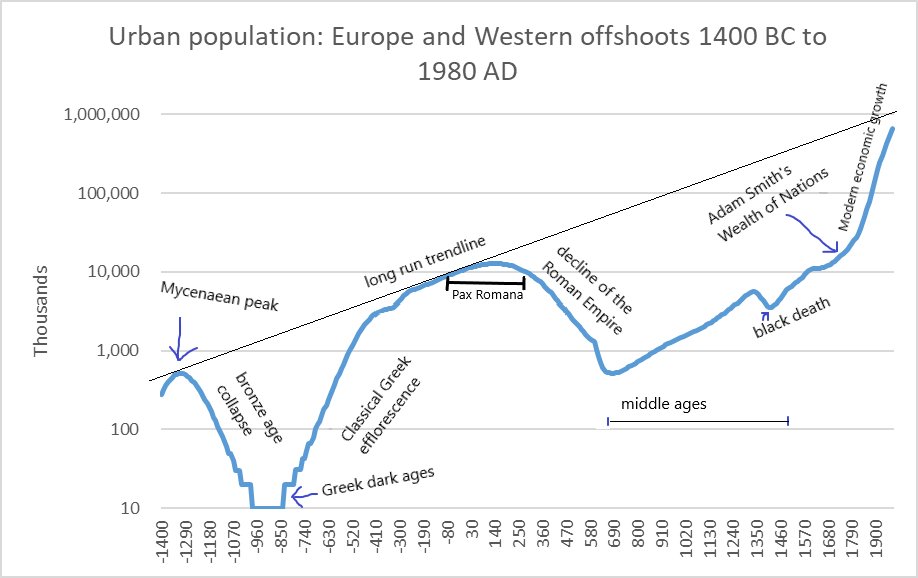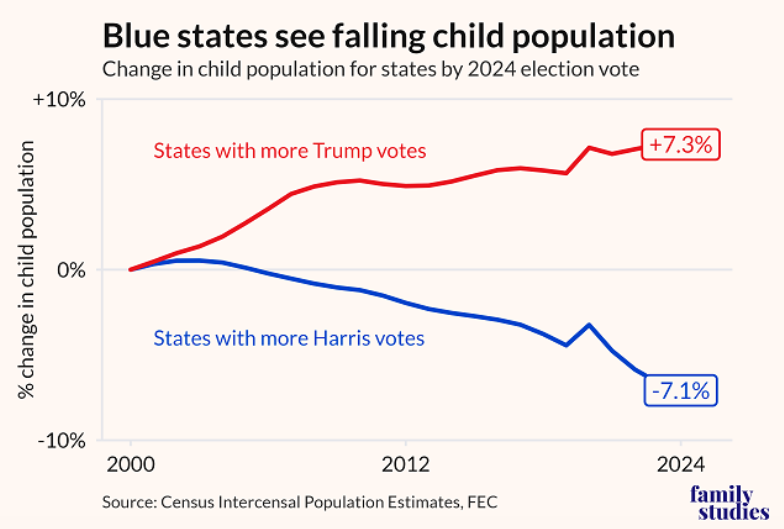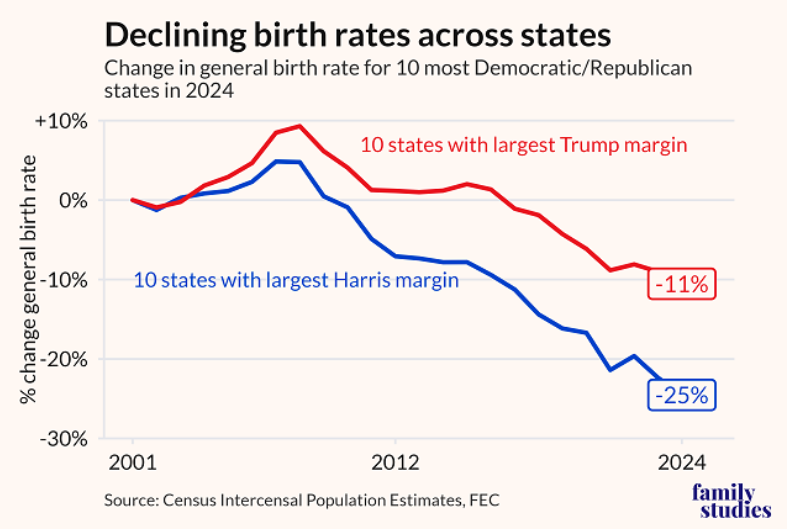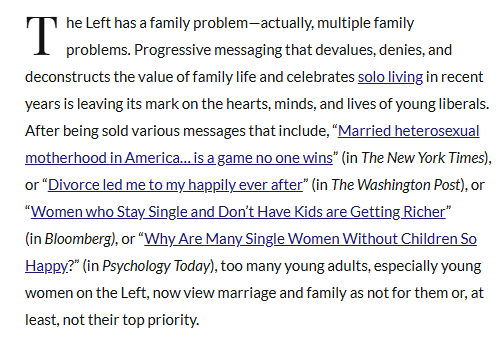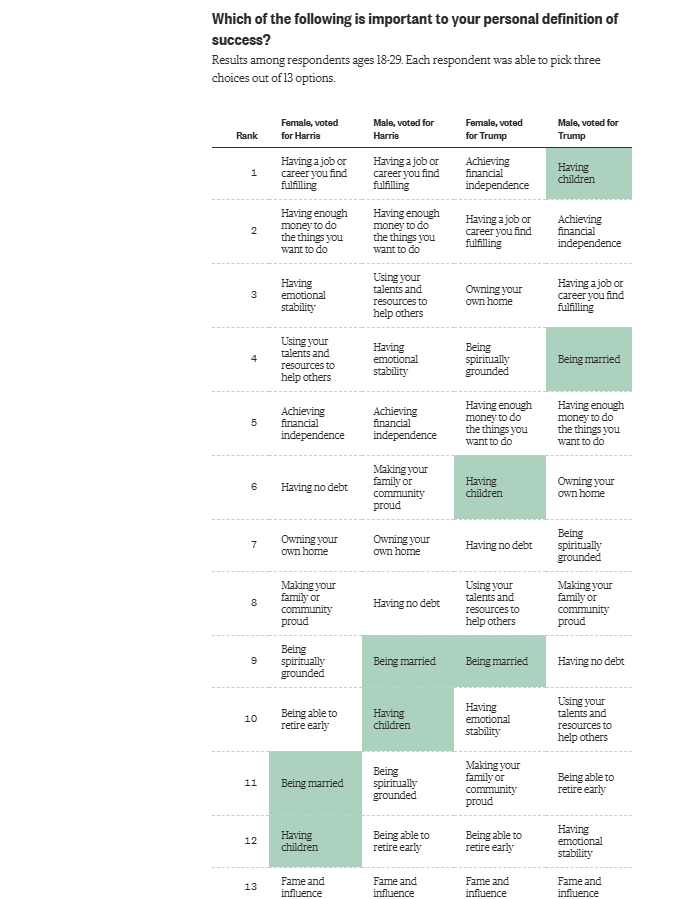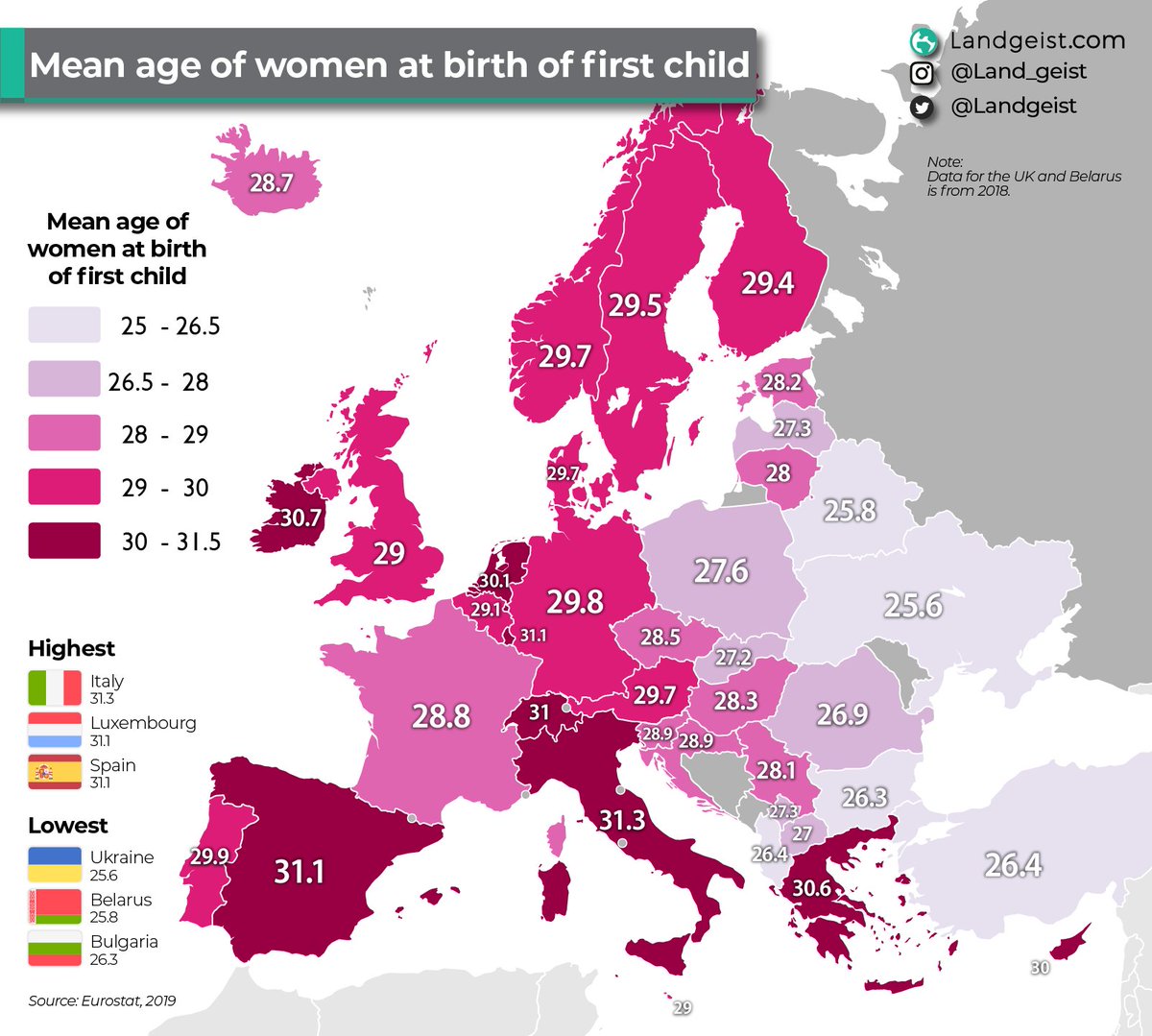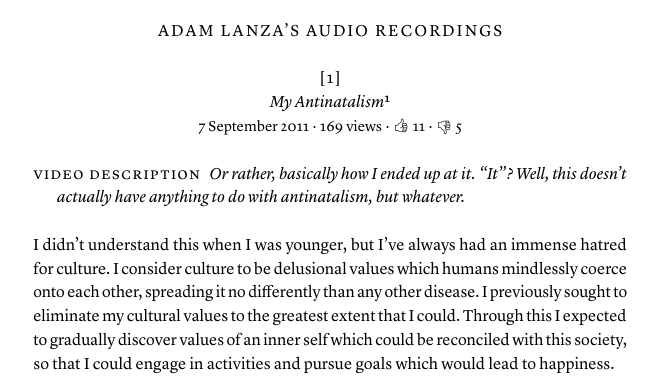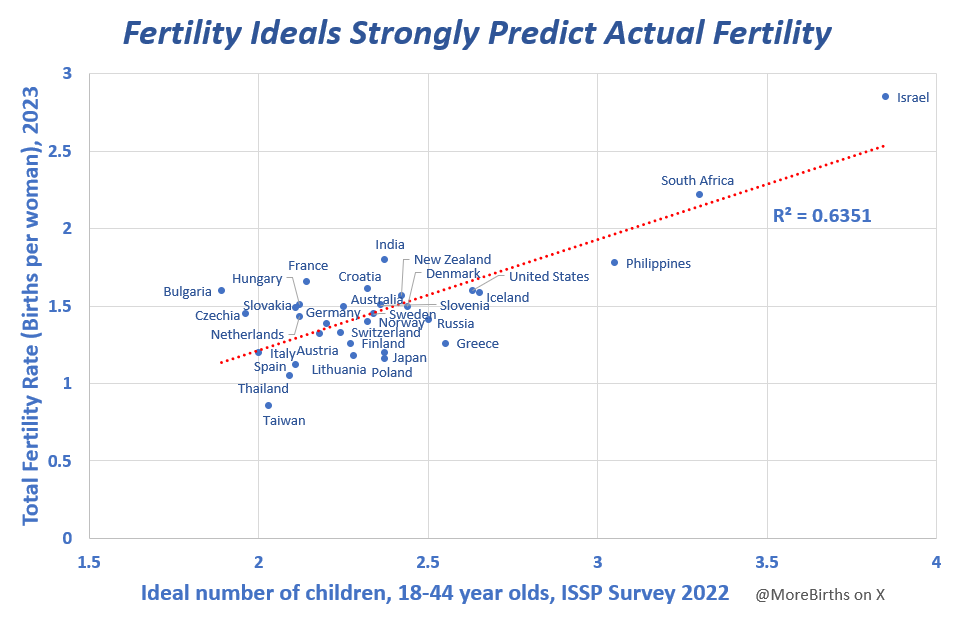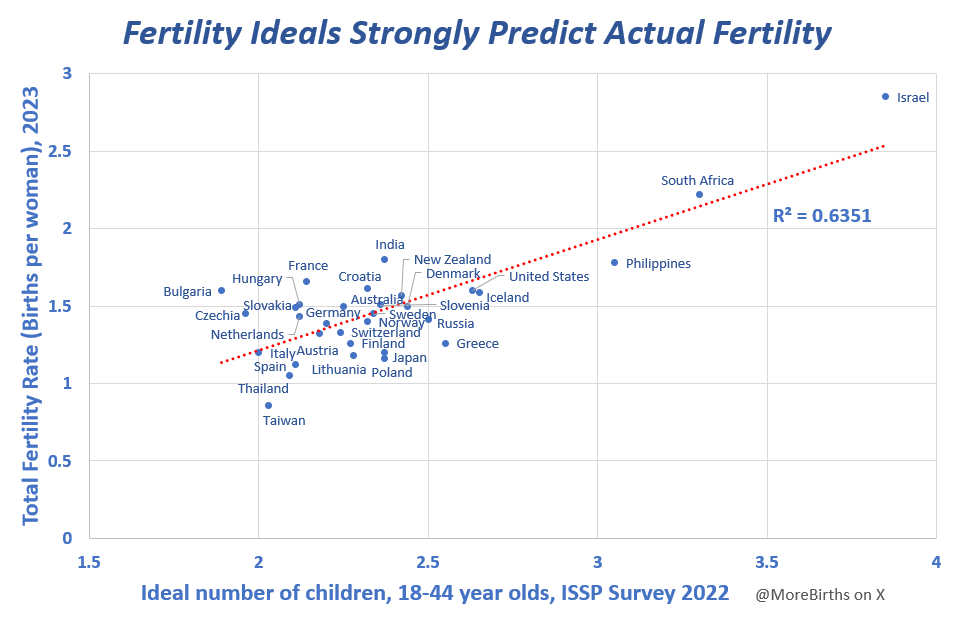What caused the Baby Boom? To fix today's low birth rates, it helps to know how falling fertility was turned around once before.
Economic growth helped. But it turns out there a cultural closeness between men and women unlike anything before or since! A🧵, please share, follow!




Economic growth helped. But it turns out there a cultural closeness between men and women unlike anything before or since! A🧵, please share, follow!




A widely read article explained how new appliances, medical progress and more housing all supported family formation.
But this can't be the whole story, because usually as people are better off, fertility goes down.
There was something special in the air at the time. (2/9)


But this can't be the whole story, because usually as people are better off, fertility goes down.
There was something special in the air at the time. (2/9)


World War II saw young men involved in the war effort at incredibly high rates. In the US, 25% of men and close to 50% of men ages 18-30 served in the military and a further 25% were employed in war work. Other countries had similar or higher rates of deployment. (3/9) 

Young men were seen by young women in a glowing light, both during the war and after returning home. Young men also matured quickly. What followed was an era of warm feelings between men and women across society, that infected a generation. (4/9) 

In those days, love meant marriage. And so people married more often and earlier than ever before. In the US, women married at a median age ~20 and 94% of men and women married by age 40!
It turns out that lots of marriages at early ages are the key to high fertility. (5/9)



It turns out that lots of marriages at early ages are the key to high fertility. (5/9)



Economic tailwinds helped. But it takes culture to truly explain how births soared in so many different countries around the same time. (Chart from @WorksInProgMag.) (6/9) 

If more and younger marriages gave us the Baby Boom, are they an answer for today? Yes, and here is important thread on that! (7/9)
https://twitter.com/MoreBirths/status/1680321333282975744
You can get a sense of the very positive atmosphere that existed then between men and women by watching clips of couples from that era.
Here is a couple who married in 1941 and served in the war, talking about love after their 77th anniversary. (8/9)
Here is a couple who married in 1941 and served in the war, talking about love after their 77th anniversary. (8/9)
If you enjoyed or learned something from this thread on the causes of the Baby Boom, and lessons for today, please repost. Also follow and spread the word about this account, which is dedicated to solutions to our fertility crisis. (9/9) 

• • •
Missing some Tweet in this thread? You can try to
force a refresh


